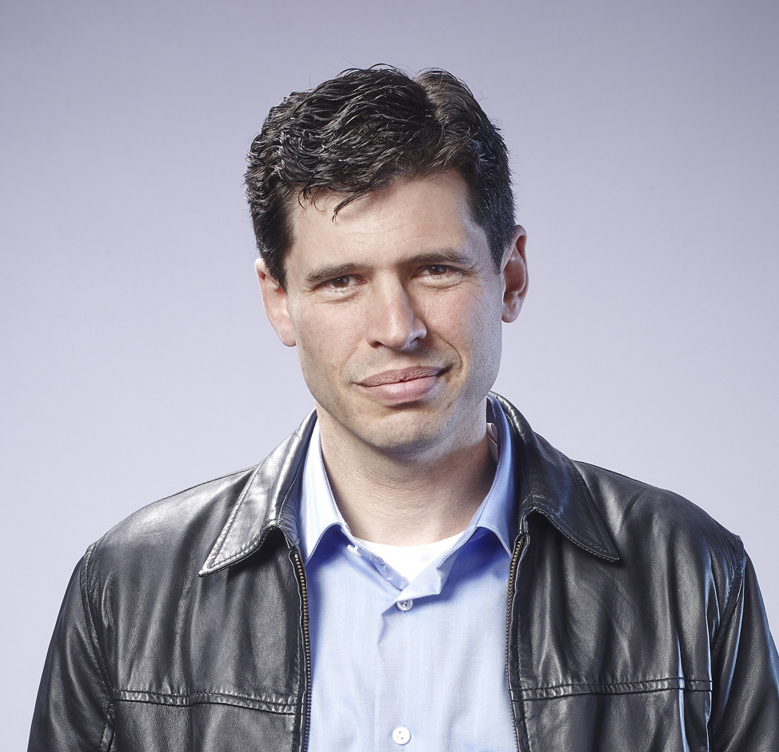Max Brooks and the Tenth Man

If you have not read it, I highly recommend adding Max Brook’s 2006 title World War Z to your summer reads (and if you haven’t seen the movie, don’t – it is wretched by any standard, and a complete misrepresentation of the title). The book is a series of interviews done by a journalist ten years after the end of the Great Zombie War. Subjects interviewed include the politicians, a wheelchair-bound community watch organizer, a mercenary, a realtor, an architectural historian, an Iranian air force pilot, and a Chinese doctor, arrested for initially trying to alert the outside world of a new infectious threat. Through different interviews, the author examines the effects of a worldwide pandemic on globalism, economics, politics, military conflicts, health care, psychology, sociology, ecology, and familial relations. What makes the book so unique and worthwhile is a page-turning realism, focused far less on gore and more on cause and effect. Even though its mechanism is the ravenous undead, the plague could just as easily been SARS, our present difficulty, or any other new, rapidly spreading, potentially fatal contagion. There is plenty in the book that makes right-wingers growl, and left-wingers cringe, which is to say, it mercifully doesn’t fall either way and doesn’t preach.
Despite solid credentials as a humorist/satirist (this is after all, Mel’s son) Brooks has a great gift for using the books early interviews to build a growing sense of retroactive dread at the coming storm. One of the book’s earlier interviews is with Israeli intelligence agent Jurgen Warmbrunn. Over lunch he describes how monitoring early reports of odd ailments and attacks originating in Asia, and then later Africa. And he gives an important lesson learned from the Yom Kippur War:
“And this is where I directly benefited from the unique circumstances of our precarious security. In October of 1973, when the Arab sneak attack almost drove us into the Mediterranean, we had all the intelligence in front of us, all the warning signs, and we had simply ‘dropped the ball.’ We never considered the possibility of an all-out, coordinated, conventional assault from several nations, certainly not on our holiest of holidays. Call it stagnation, call it rigidity, call it an unforgivable herd mentality. Imagine a group of people all staring at writing on a wall, everyone congratulating one another on reading the words correctly. But behind that group is a mirror whose image shows the writing’s true message. No one looks at the mirror. No one thinks it’s necessary. Well, after almost allowing the Arabs to finish what Hitler started, we realized that not only was that mirror image necessary, but it must forever be our national policy. From 1973 onward, if nine intelligence analysts came to the same conclusion, it was the duty of the tenth to disagree (my emphasis). No matter how unlikely or far-fetched a possibility might be, one must always dig deeper. If a neighbor’s nuclear power plant might be used to make weapons-grade plutonium, you dig; if a dictator was rumored to be building a cannon so big it could fire anthrax shells across whole countries, you dig; and if there was even the slightest chance that dead bodies were being reanimated as ravenous killing machines, you dig and dig until you strike the absolute truth.”
This passage made me think about the state of medicine as demonstrated in this Covid-19 episode. Faced with a rapidly spreading/already spread contagion about which very little was known, and that suppressed by the Chinese communists, fear and misinformation was just as rampant. In the intervening weeks, significant upheavals have followed policies put forward on the recommendations of highly promoted government physicians, which were initially accepted without question or push-back. Now the Age of Covid has entered a state where anyone’s views on the virus, its spread, its treatment, and the deleterious side effects are immediately categorized by politics. We set ourselves up for this, since at least 1965, wherein now all of medicine and health care is political. This has damaged rational thought and discourse on both sides, and left opposing sides highly skeptical and cynical.
Which is perhaps a good thing. The “tenth man” rule strikes a chord with me because I mistrust mass movement or thought, which usually, lazily, is rapidly indistinguishable from assumption. Reading essays on this rule, you will see that the obligation of the tenth man is not only to be skeptical, but to analytically, deliberately, conscientiously try to disprove one’s own theory. Being unable to do so brings a further obligation to dig, argue, and oppose the conventional wisdom.
I think that physicians by virtue of many factors have abdicated their professional obligation for skepticism. This is due to many factors, and almost all of us are guilty of it due to fear of lawsuit or unemployment, fatigue or apathy, or honest uncertainty and sincere compassion.
Who is funding a study, and what might be the agenda of the person at the podium? “You should use hydroxychloroquine!!” Why? “You should close all the beaches!!” Why? We should argue with anyone claiming to know the answer without hard data and reproducible conclusions, especially with lives at stake, be they the at-risk elderly, or the newly-unemployed. “Why” should be our first and last word in every one of these discussions until we can no longer justify the question, and fear or ostentatious compassion alone should not suffice. If anything, Covid-19 and society’s reaction to it should reinvigorate within physicians the honest instinct toward skepticism, and constant questioning.
Get our awesome newsletter by signing up here. We don’t give your email out and we won’t spam you








